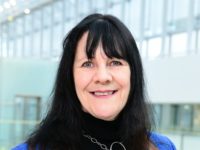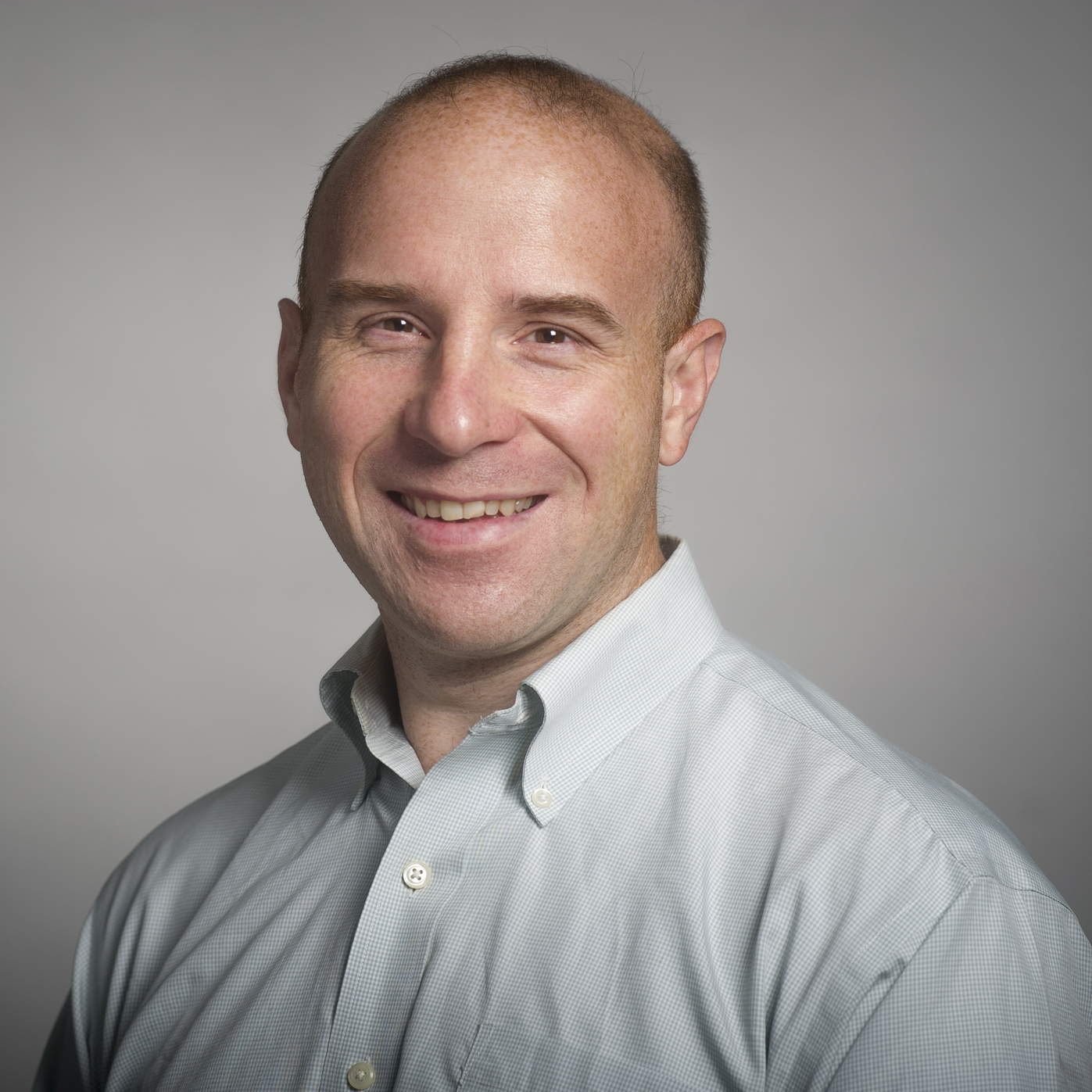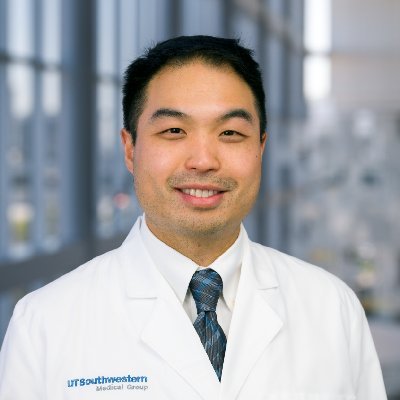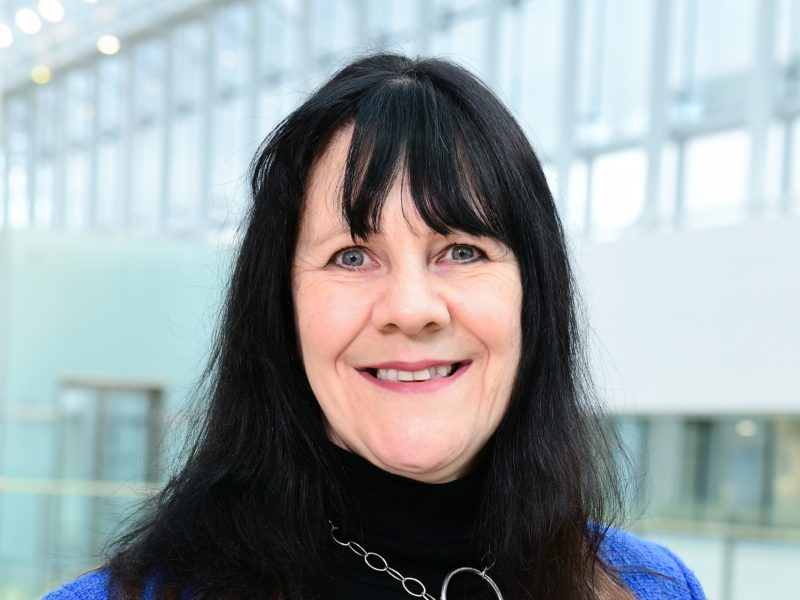We will touch on machine learning, precision medicine, and even hold a workshop on AWS Sagemaker. Click through to learn more!
Schedule-at-a-Glance
Select an event to see speaker information
DAY 1: March 15th, 2023
11am - 6:30pm Check-in, Registration, and Posters
11am Registration opens
Boxed lunch available for attendees
11am - 1pm Meet and Greet/Poster Set Up
1:15pm Welcome Remarks
Dr Inimary Toby
1:20pm - 2:15pm Keynote Address
Dr Ruth Roberts
2:15pm - 2:30pm Break
2:30pm - 3:45pm YSEA Session for Post-doctoral Fellows
Dr Bernie Daigle
3:45pm - 4pm Break
4pm - 5:15pm YSEA Session for Students
Dr Bernie Daigle
5:15pm - 6:45pm Poster Session
Students and Post-Doctoral Fellows. Light refreshments provided
7pm Toyota Music Factory Shuttle
Restaurant options available for dinner
DAY 2: March 16th, 2023
8am - 4pm Registration Opens
8:30am Welcome Remarks
Dr Philip Harold
8:30am - 9:30am Keynote Address
Dr Kurt Zimmerman
9:30am - 9:40am Break
9:40am - 10:50am Breakout Session I
New developments of applying Big Data and Machine Learning methods to precision medicine
Dr Steve Qin9:40am - 10:50am Breakout Session II
Machine learning and deep learning promote safety evaluation and risk assessment
Dr Huixiao Hong10:50am - 11am Break
11am - 12:20pm Breakout Sessions III
Computational Approaches for Immuno-Oncology
Dr Aik Choon11am - 12:20pm Breakout Sessions IV
Single-cell multi-omics analysis: from technology development to applications
Dr Jake Chen12:20pm - 1:15pm Lunch and MCBIOS Business Meeting
1:15pm - 3:45pm Workshop I
AWS SageMaker Immersion Day Workshop
Dr Steve Fu2:30pm - 3:30pm Breakout Session V
Data Science Trends in Industry
Dr Funso Kumolu3:30pm - 3:45pm Break
3:45pm - 4:15pm Plenary Talk
Dr Mikhail Dozmorov
4:20pm - 5:30pm Breakout Session VI
Software Resources
Dr Saadia Bihmidine4:20pm - 6pm Workshop II
NIBLSE Educational Resources
5:30pm - 6pm Workshop III
Career Symposium
DAY 3: March 17th, 2023
7:30am - 8:50am Board Meeting and Breakfast
9am - 9:50am Keynote Address
Dr Isaac Chan
9:50am - 10am Break
10am - 11:20am Breakout Session VI
Network Medicine and Drug Discovery Applications
Dr Zongliang Yue10am - 11:20am Breakout Session VII
ML and Genomics
Dr Inimary Toby11:30am - 12:15pm Keynote Address
12:15pm - 1:30 pm Lunch, Awards Banquet and Closing

Ruth A. Roberts, PhD
Dr. Ruth A. Roberts is Chair and Director of Drug Discovery at Birmingham University, UK and Cofounder of ApconiX, recent winners of the 2022 Queen's award for Enterprise in Exports. Previously, Ruth was Global Head of Regulatory Safety at AstraZeneca (2004-2014), Director of Toxicology for Aventis in Paris, France (2002-2004) and Head of Cancer Biology at Central Toxicology Laboratory (1990-2002).

Kurt Zimmerman, PhD
Dr. Zimmerman is an assistant professor at the University of Oklahoma Health Sciences Center who focuses on understanding the role of immune cells in polycystic kidney and liver disease(PKD). The goal of this research is to develop new approaches and targets for treatment of patients suffering from PKD.

Isaac Chan, MD, PhD
Isaac Chan, M.D. Ph.D., is an Assistant Professor in the Department of Internal Medicine at UT Southwestern Medical Center and a member of its Division of Hematology Oncology. He specializes in immunotherapy, breast cancer, and metastatic cancer.
During his MD/PhD training at University of North Carolina and medical oncology fellowship at Johns Hopkins University.

Mikhail Dozmorov, PhD
Dr. Mikhail Dozmorov is an associate professor in the Biostatistics department, Virginia Commonwealth University. He develops statistical methods and bioinformatics tools for the integrative analysis of genomics datasets.
Through collaborations with basic and clinical cancer researchers, he analyzed and interpret RNA-seq, ChIP-seq, DNA methylation, single-cell sequencing data. He is developing biostatistical methods and software to analyze the three-dimensional structure of the genome obtained with Chromatin Conformation Capture sequencing technologies (e.g., Hi-C).
Precision Medicine advocates for the practice of customized disease treatment and
prevention such that all clinical decisions are made based on the characteristics of
individual patients.
During this session we'll showcase the latest research developments in the areas of applying
advanced Artificial Intelligence and Machine Learning and Big Data informatics in precision
medicine.
Advancements in machine learning and deep learning are paving the road to future data science and will have significant impacts on the public health. This session is intended for experts and students in this field to exchange their experiences and achievements and explore potential collaborations.
This session aims to trigger the common interest in the MCBIOS community for rethinking and revisiting the crucial questions in utilizing multi-omics data for personalized medicine and coupling network biology with cutting-edge multi-omics technologies.
Coupling with AI/ML, single-cell multi-omics studies may provide insights on how organs evolve and how a disease progresses. In this session, we will solicit late-breaking primary research in the follwing topics and more during a 2-hr session:
- How can we impute data and reduce data noises from different single-cell analytical assays?
- How can we balance knowledge-guided and knowledge-agnostic approaches in characterizing cell types and their relationships based on embedding clusters?
- How can we infer intercellular and intracellular signaling network data at the molecular and cellular level?
New computational methods are needed to extract, integrate and interpret these high-dimensional data sets to develop effective biomarkers for immunotherapies. This session will focus on new and innovative computational methods in immuno-oncology.
The only pre-requisite to participate the hands-on workshop is a laptop with internet access.